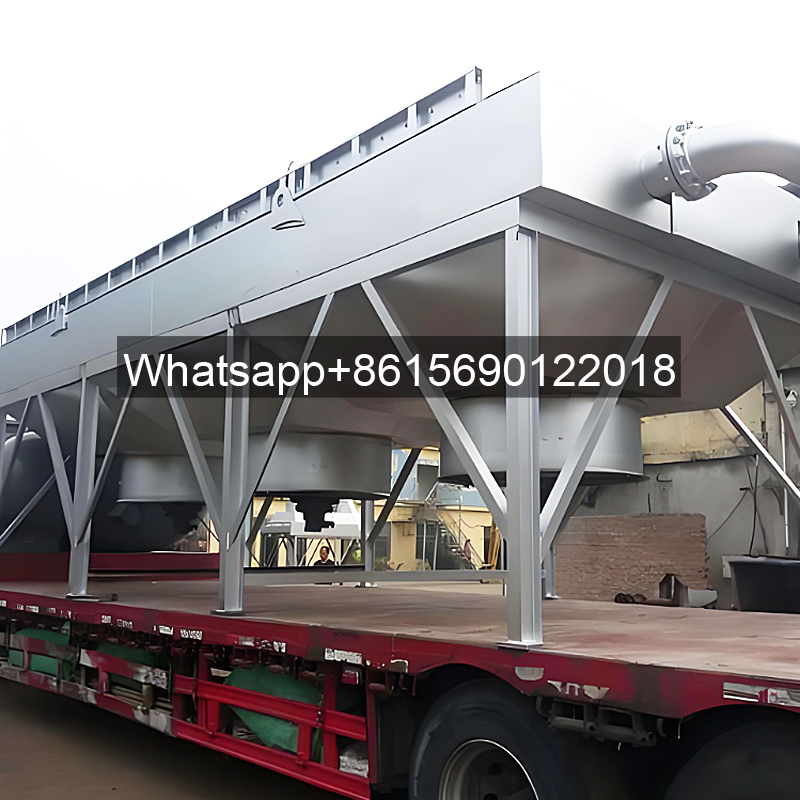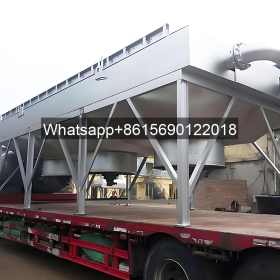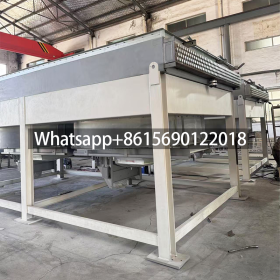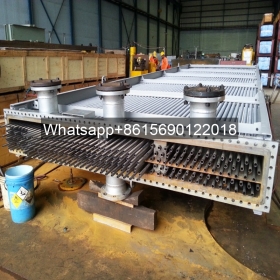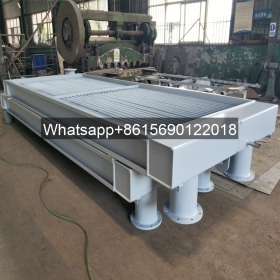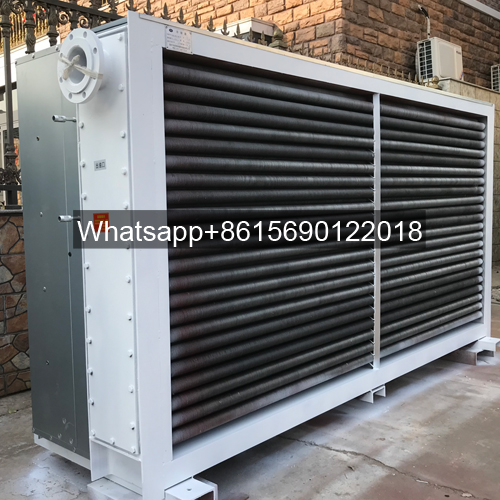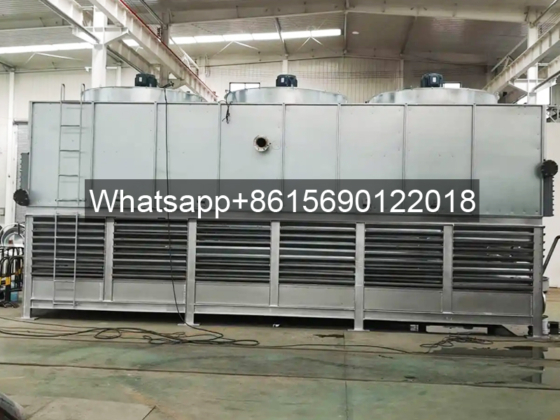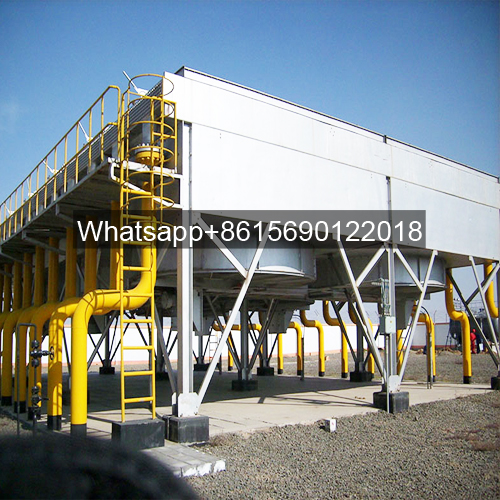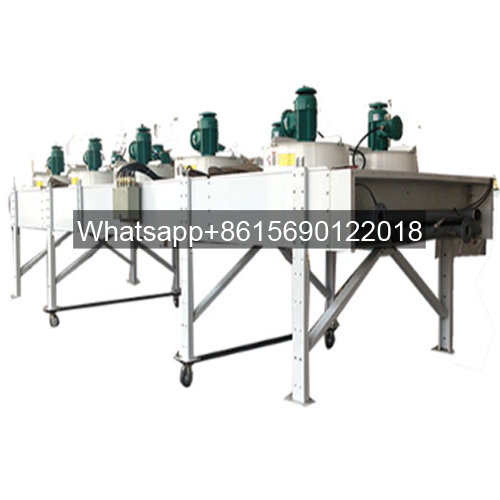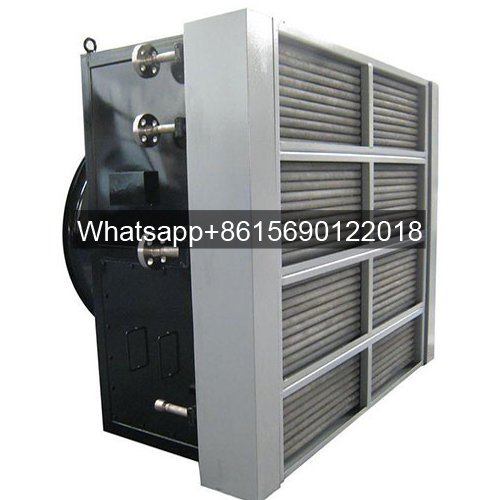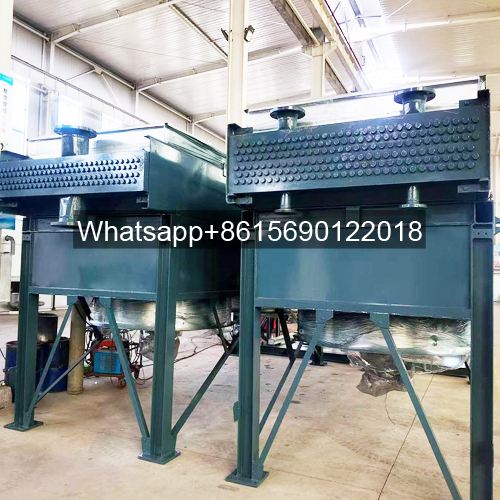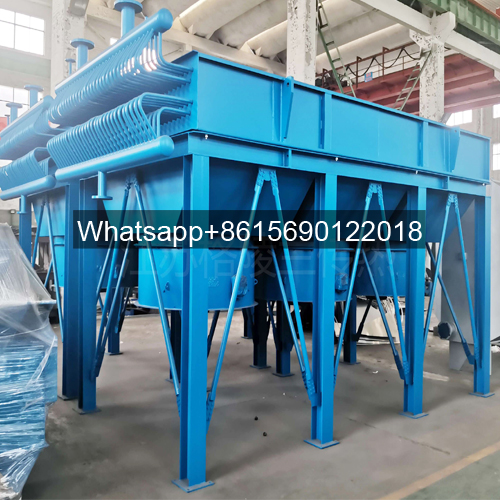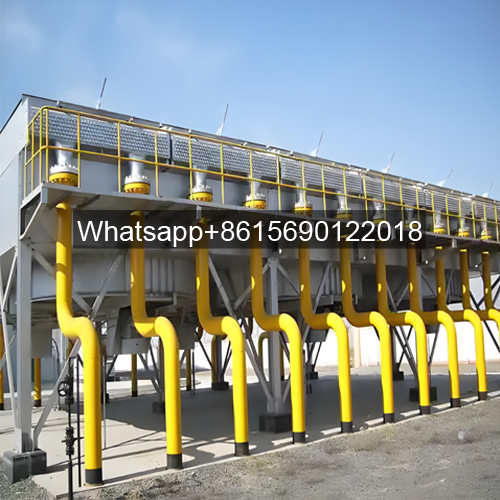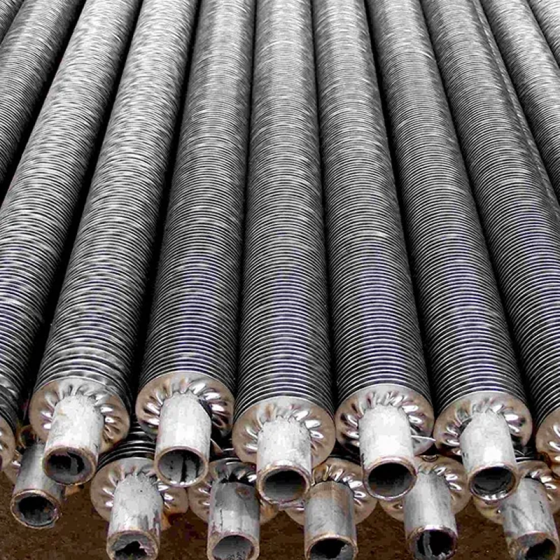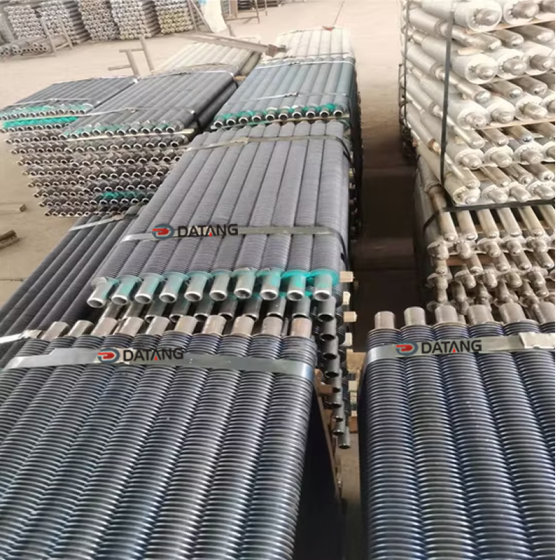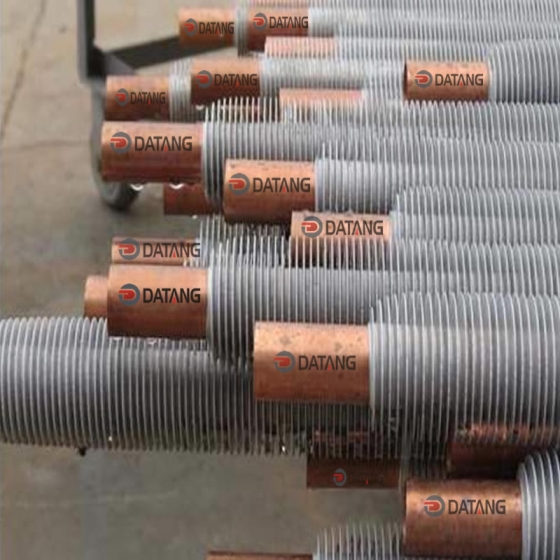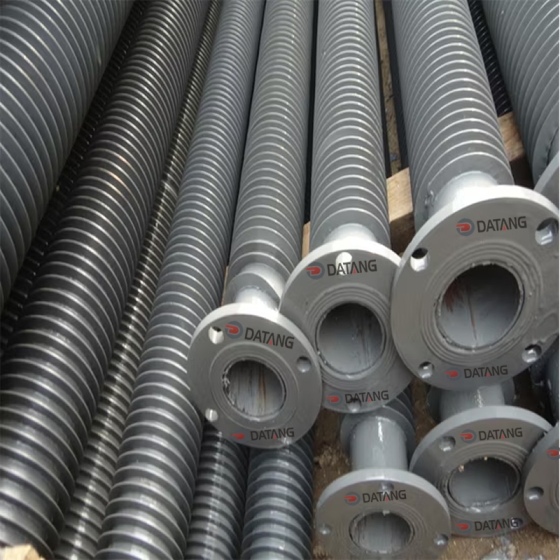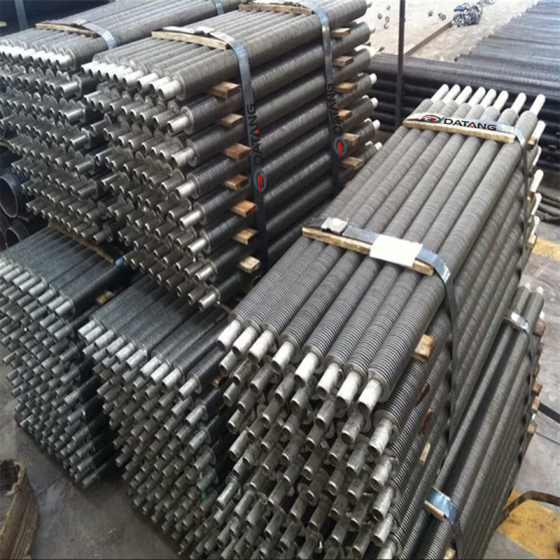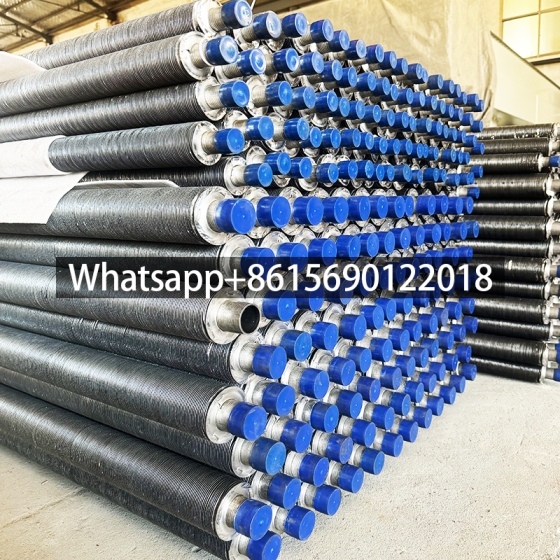Fin Fan Coolers (FFCs) are heat exchange devices that combine finned tubes with forced-air fans to enhance heat dissipation efficiency. Key technical details and applications are summarized below:
1、Fin Fan Coolers Core Structure & Working Principle
-
Rippenrohre
- Flossen-Typen: Aluminum/carbon steel fins bonded to base tubes (copper/stainless steel) via rolling (monolithic, low thermal resistance) or Schweißen (brazing/reflow soldering). Key processes include Fin (pressure fitting) and (reflow soldering).
- Leistung: Fin height/pitch/thickness directly impact heat transfer; turbulence induction boosts efficiency.
-
Fan System
- Axial fans force air through fin arrays, accelerating convective heat transfer. Fan airflow must match fin density and operational load.
2、Fin Fan Coolers Technical Advantages
| Feature | Benefit |
|---|---|
| High Heat Dissipation | 10–30× efficiency vs. bare tubes; reduces exchanger size by 30% |
| Customization | Adjustable fin pitch/height, anti-corrosion coatings for harsh environments |
| Energy Saving | 30% lower operating costs in industrial settings vs. traditional systems |
3、Fin Fan Coolers Application Scenarios
- Industrial Cooling
- Cryptocurrency mining immersion farms (e.g., Bitcoin dry cooling systems).
- Petrochemical plants: Waste heat recovery, alkylation unit reboilers.
- Electronics Thermal Management
- CPU coolers for LGA 1155/1156 motherboards (low-profile aluminum fin designs).
- HTPC cases with optimized airflow for silent operation.
4、Fin Fan Coolers Procurement Guidance
-
Custom Specifications
- Define parameters: Flossenteilung (3–6 mm), tube material (copper/stainless steel), airflow (CFM).
- Coatings: Hydrophilic/anti-corrosion treatments for longevity.
-
Supplier Selection
- Prioritize manufacturers with rolling or laser welding capabilities (Cangzhou Datang).
- Verify compliance with JB/T 11248-2012 standards.
Key Considerations:
- Fin vs. Reflow Soldering: Reflow soldering ensures stronger fin-tube bonds but increases cost; Fin suits cost-sensitive projects with strict process control.
- Material Compatibility: Copper-aluminum combos require thermal expansion management to prevent interfacial failure.
 dtfinnedtube.com
dtfinnedtube.com

